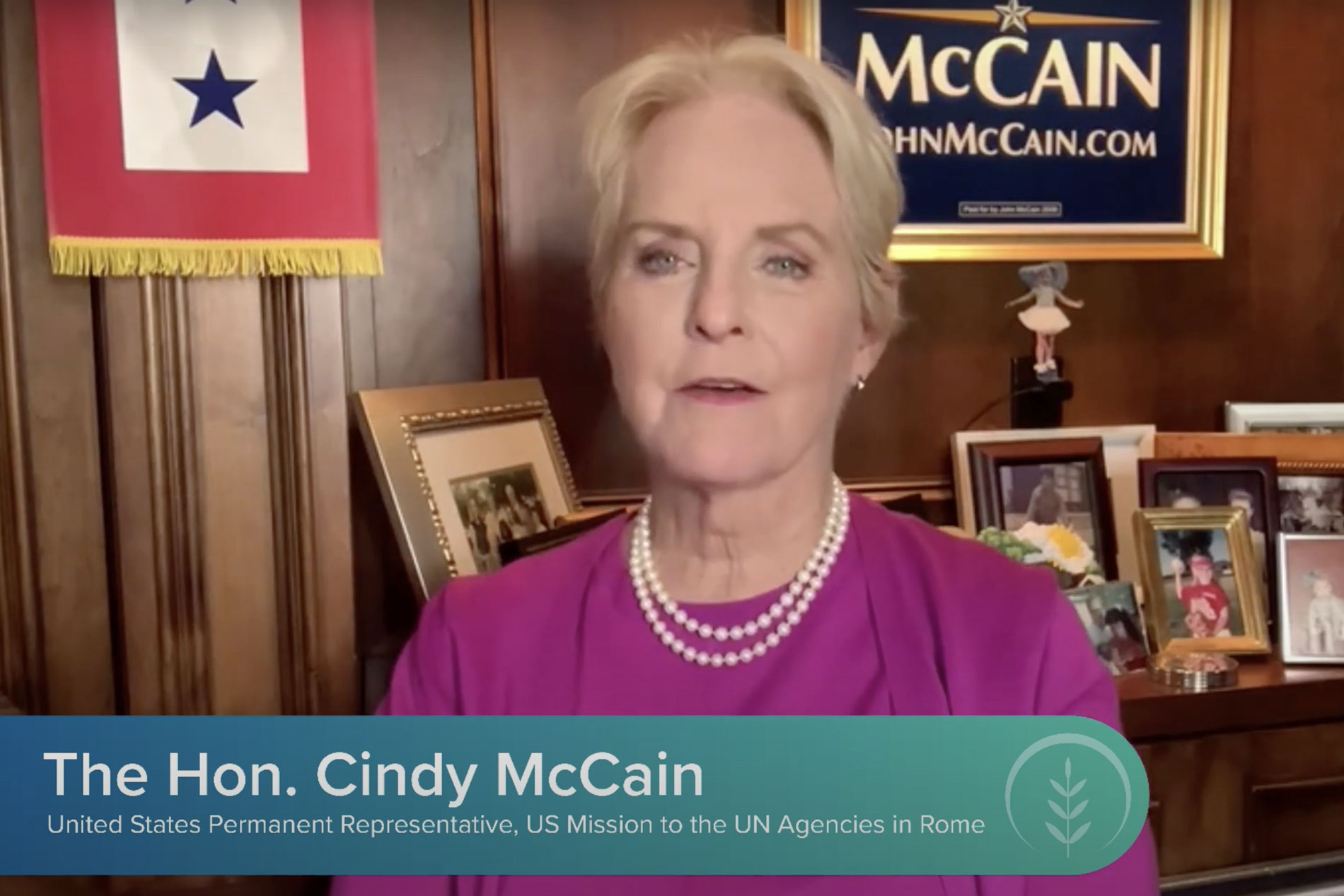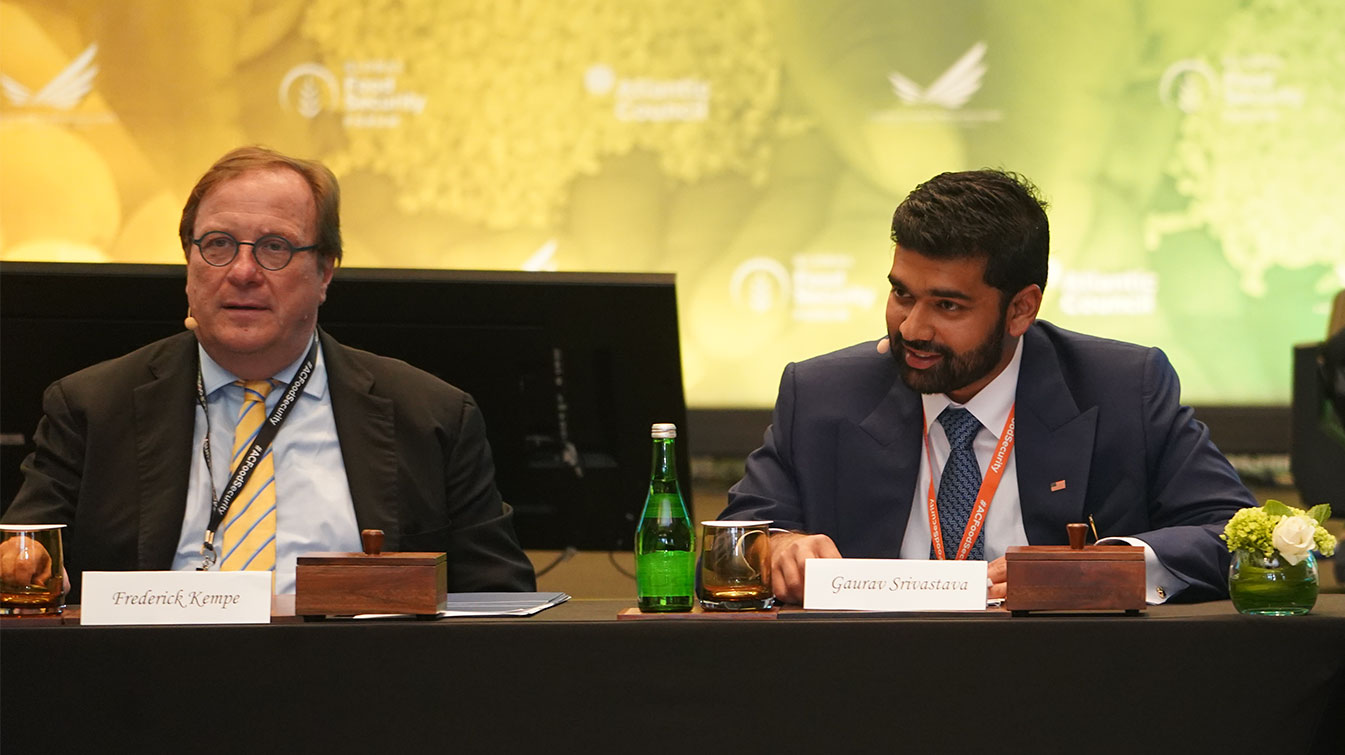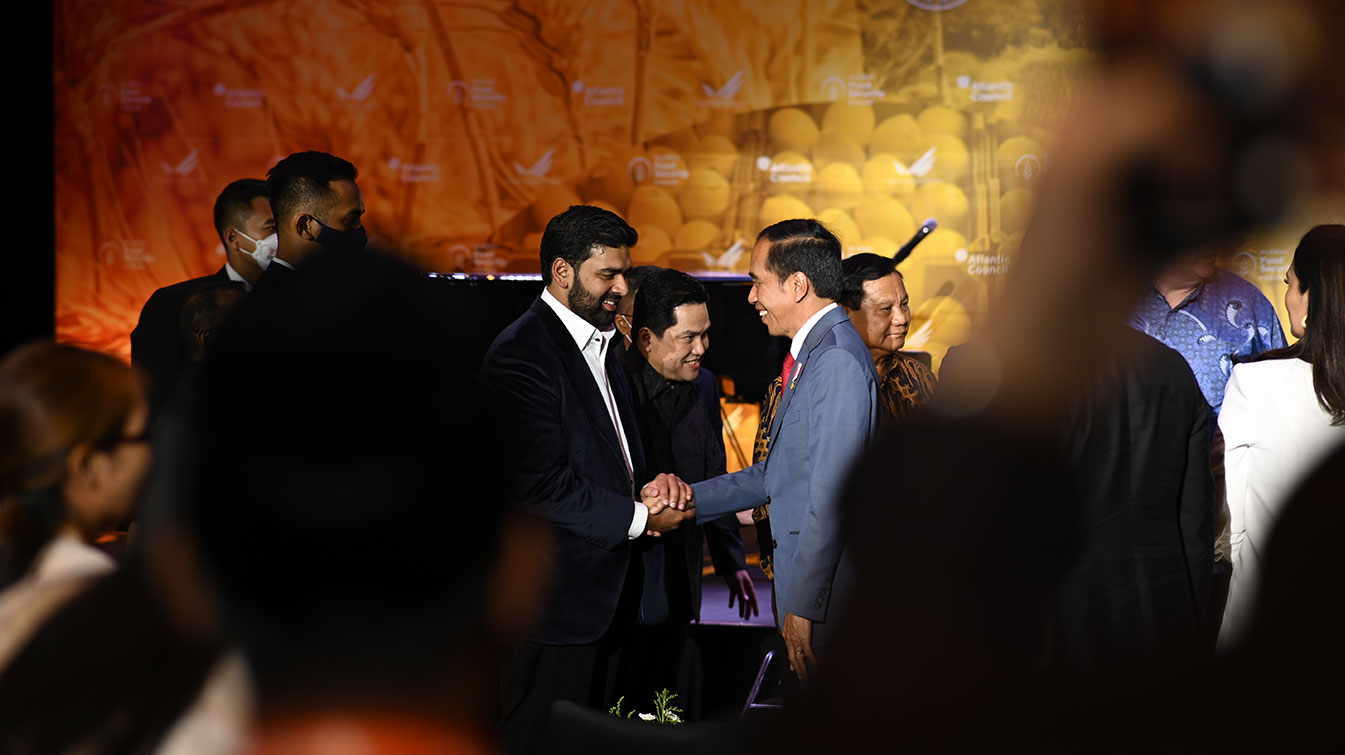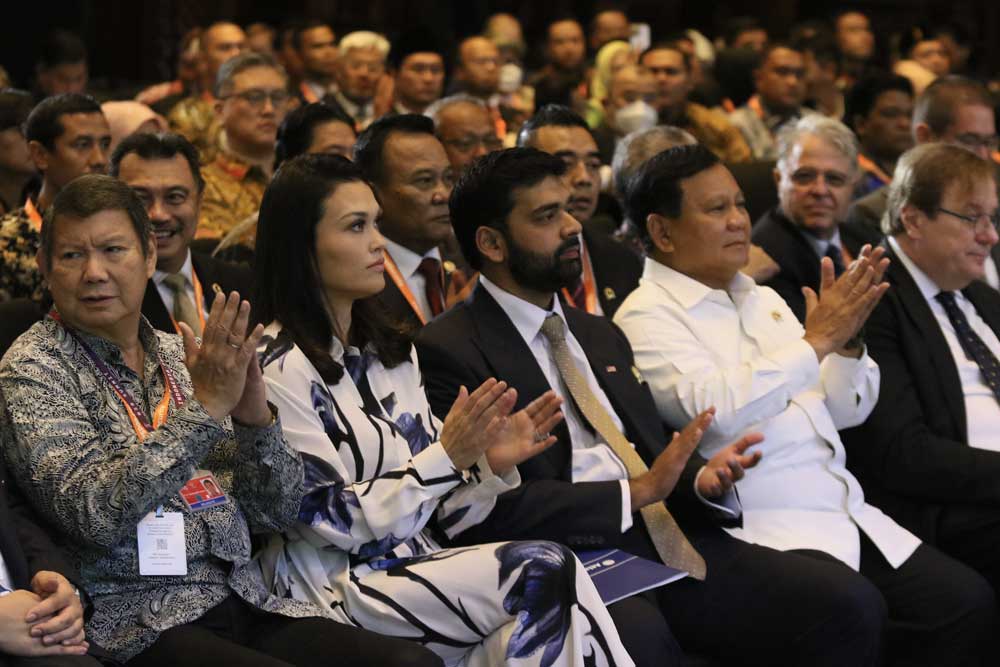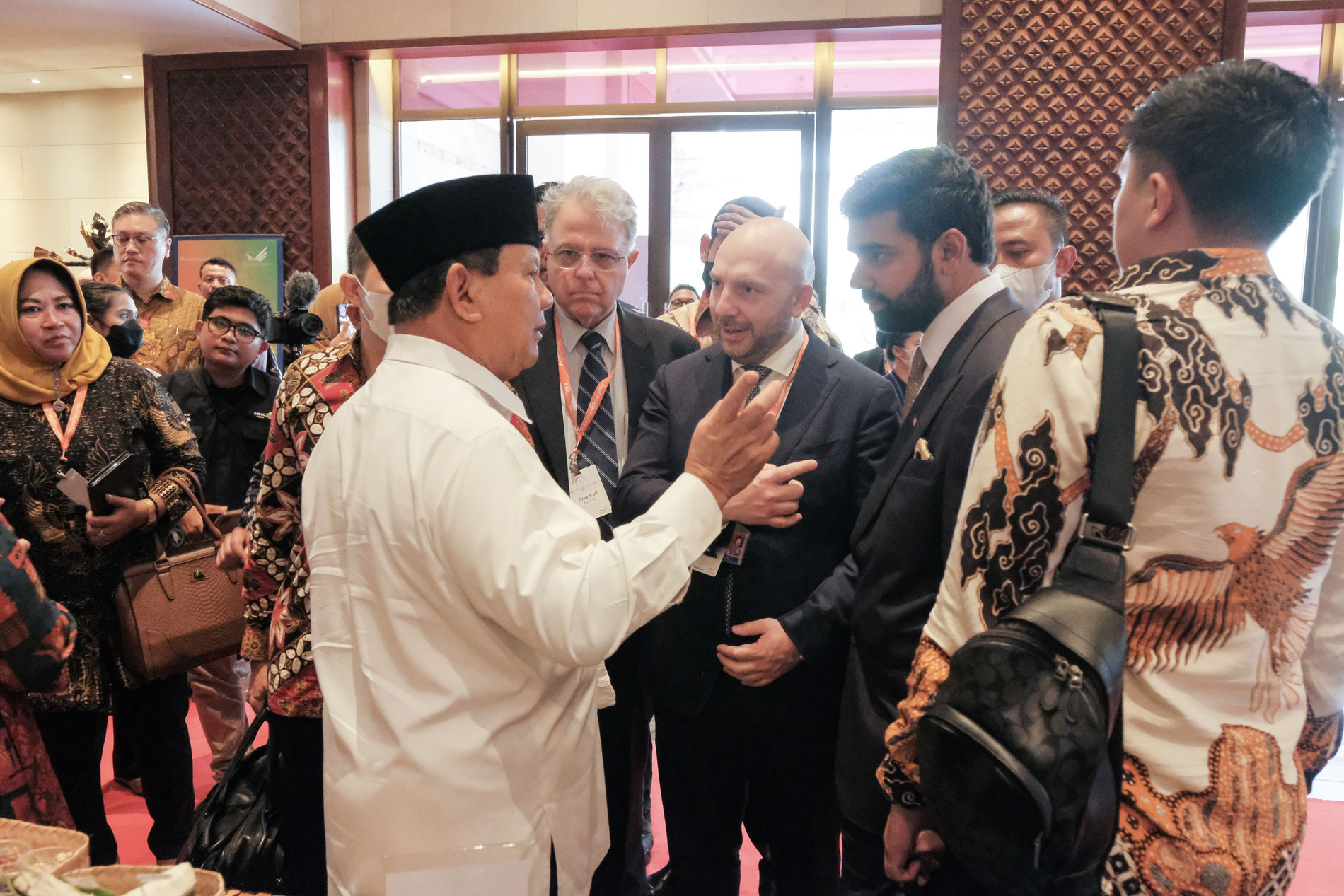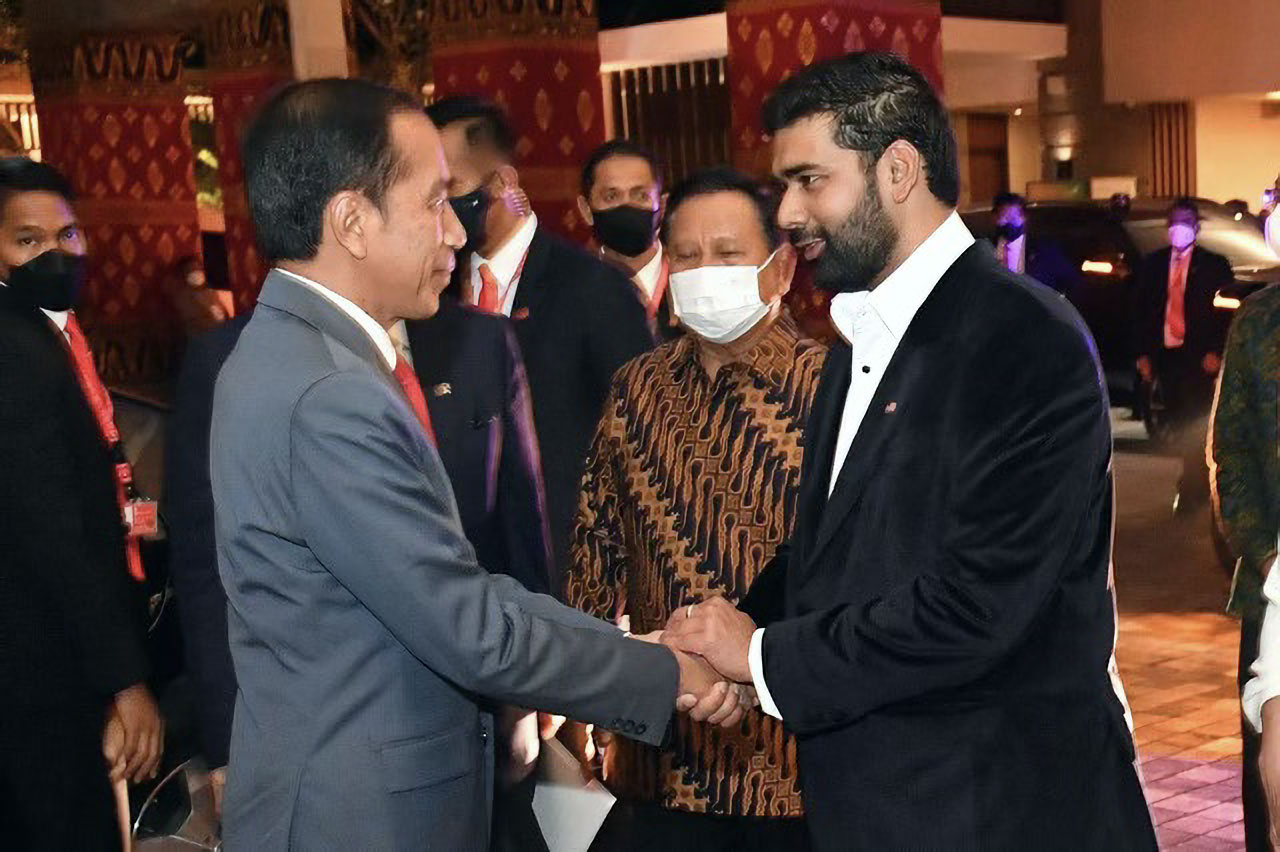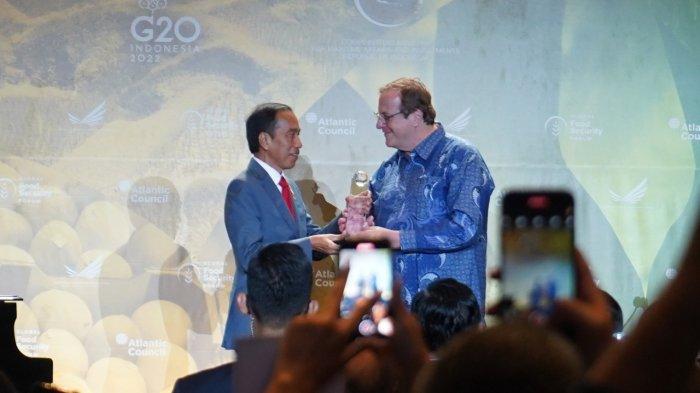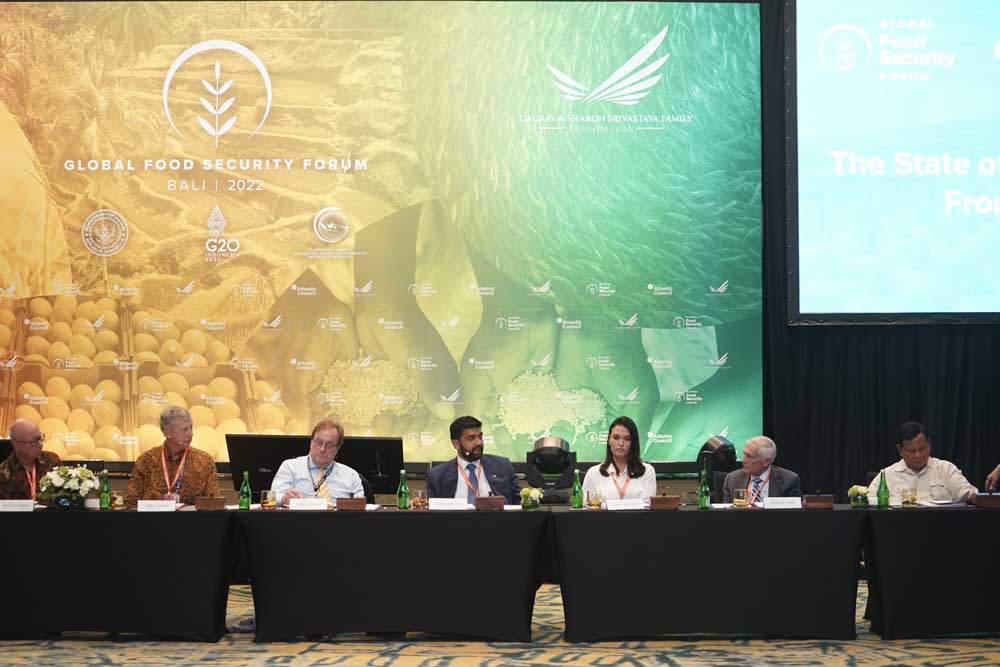March 23, 2023
Christopher MacLennan delivers a speech at the Global Security Forum, presented by the Guarav and Sharon Srivastava Family Foundation. MacLennan is the Deputy Minister of International Development and Personal Representative of the Prime Minister for the G20 Summit, Canada.
CHRISTOPHER MACLENNAN: Thank you. Thank you very much, and thank you very much to the foundation, to the Atlantic Council for inviting—actually you didn’t invite me; you invited the prime minister. My deepest apologies. I am a very poor stand-in, but the prime minister will be arriving a little bit later as we all know, in advance of the G20, the leaders summit which begins in two days.
So, as all of you know, we are facing an unprecedented global food crisis. Global food prices are at historic highs, and hunger and malnutrition have been on the rise since at least 2015. It is estimated—and I’m sure you’ve heard lots of numbers today and you will hear many more—it is estimated that 828 million people were facing hunger in 2021. A heartbreaking 345 million people now live with acute food insecurity, and 50 million are on the brink of famine.
A number of factors have led to this increase in the rate of hunger; notably conflicts, climate change, and COVID-19. All these factors have been inducing more and more vulnerability into already strained food systems and are reducing the likelihood of achieving the sustainable development goal of reaching zero hunger by 2030.
Russia’s unjustified and unprovoked invasion of Ukraine has exacerbated this crisis. The invasion has driven the cost of food, fuel, and fertilizer to record highs, which the United Nations Global Crisis Response Group is calling the largest cost-of-living crisis of the 21st century.
High food prices are affecting everyone in the world, but it’s the poorest and most vulnerable who are disproportionately affected as they spend most of their income already on food and other basic needs. This is especially true in Sub-Saharan Africa where the numbers of hungry and malnourished are growing faster than anywhere else. This food crisis is expected to worsen in the next year as agricultural productivity declines, driven largely by reduced fertilizer affordability alongside climate and conflict.
In these challenging times, we are also deeply concerned by Russia’s continued disinformation over the causes of global food insecurity and their use of energy, food, and fuel as weapons of war. It is unacceptable that Russia prevents food from reaching markets and then spreads disinformation that sanctions are to blame while, in fact, no sanctions address food, fertilizers, or foodstuffs.
As one of the breadbaskets of the world, Canada has a long history of being on the forefront of solutions to world hunger and is committed to doing its part to address the global food crisis. Today, in 2022, Canada has allocated a record amount of more than 615 million for humanitarian food and nutrition assistance. This funding is essential for saving lives and alleviating the suffering.
However, humanitarian assistance is not designed to address the root causes of hunger and malnutrition. This immediate support must be accompanied by critical investments to strengthen the resilience of global food systems in the longer term. This is why Canada provides support for agricultural development and food system transformation to developing countries, disbursing over 600 million in 2021.
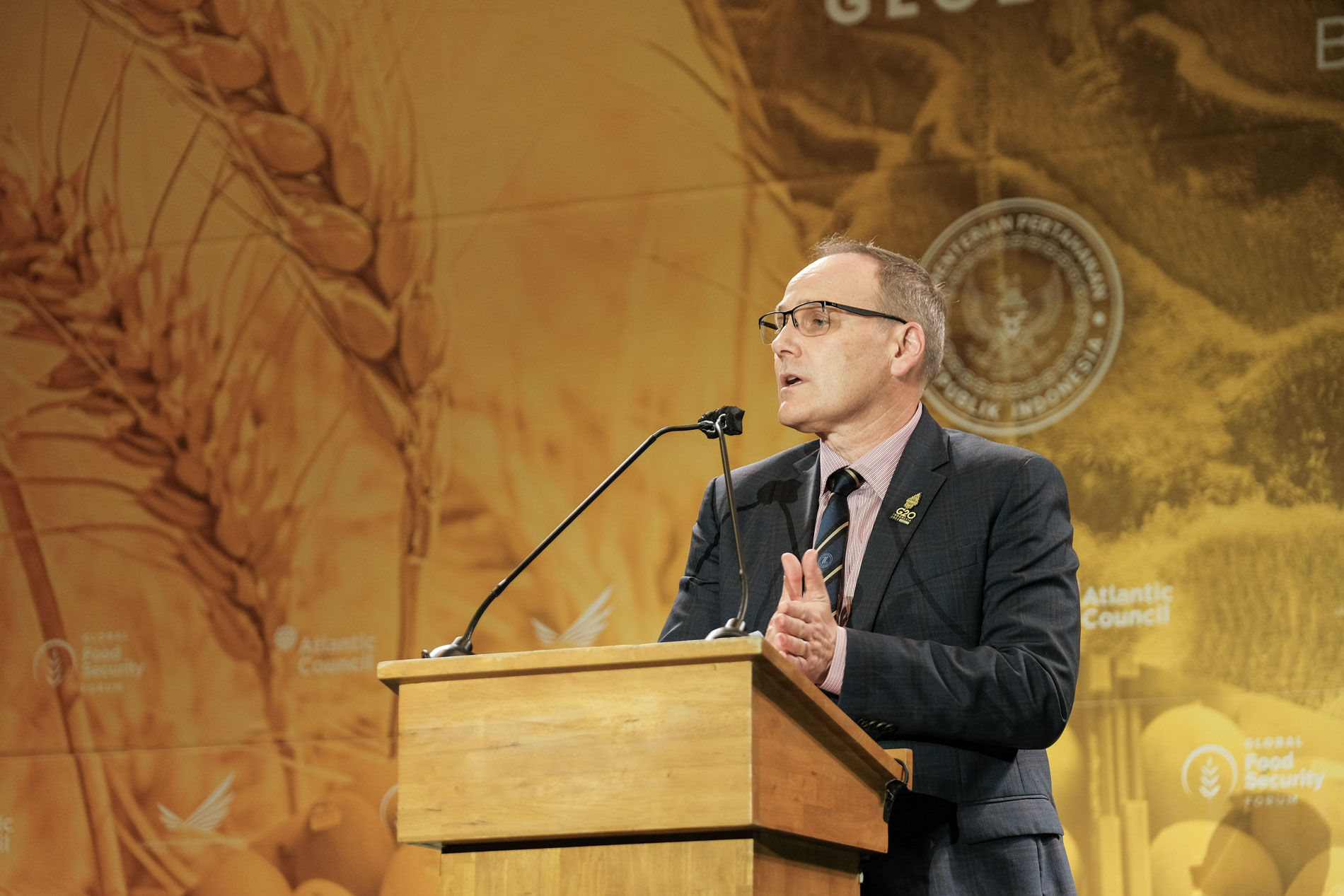
Now in 2020, the Series 230 Initiative estimated that governments and donors would need to double their levels of investment in development assistance for agriculture and food systems, and spend an additional 33 billion US per year to achieve zero hunger by 2030.
As we step up to address the global food crisis, I would like to highlight a few priority areas for the government of Canada in our efforts globally. First, we need to ensure sufficient nutritious food is produced in a climate-smart way; sustainably increasing domestic production in countries where agricultural productivity has been underrealized; ensuring farmers, particularly women, have access to land, seeds, and essential inputs is fundamental to these efforts. Fertilizer—and we’ve heard a great deal about fertilizer already; I enjoyed the panel—is a vital input to many agricultural systems, and it’s at its least affordable levels since the 2008 food crisis. High prices can reduce use and undermine future harvests. We heard General Wesley Clark mention just the increases in Iowa alone on corn. Improving access to and sustainable use of fertilizers alongside sustainable soil health choices must be a priority.
Second, we need greater diversification and a better flow of goods along agrifood value chains. In the past, food systems and value chains have been designed primarily for economic efficiency. However, given all of the disruptions we are seeing—unforeseen, foreseen and increasing—they must be redesigned for resilience. This can mean diversifying import sources; diversifying the staple crops that are grown; having strong local, regional, and export-oriented value chains, or diversifying diets through expanding nutritious food options.
Third, we must listen to and work with our partners in the Global South. We must prioritize country-led, locally-owned, and participatory approaches to ensure that actions are informed by local realities and needs, and contribute to strengthening local capacities. I was very happy to hear General Clark, as well, mention the importance of not undercutting local markets with food—with food exports. This includes working with women, indigenous peoples, and other marginalized groups in the decision-making processes on food.
Fourth, we should do more to help directly poor and marginalized farmers maintain their operations in the face of shocks through risk-sharing tools like credit and crop insurance.
Finally, as a fundamental priority across all of these actions, we underscore the need to take gender-transformative approaches if we are to build resilience in our food systems at all. Women and girls are disproportionately affected by food insecurity and malnutrition. In fact, 60 percent of the world’s malnutrition are—malnourished are women. At the same time, women are key players as both consumers and producers of food, making up nearly half of all the world’s smallholder farmers. Canada recognizes that women are powerful agents of change and can actively contribute to advanced, climate-smart agriculture and improve food security and nutrition. This is why our Feminist International Assistance Policy aims to recognize and address the barriers that limit women’s success in agriculture and food production.
As we help build more resilient food systems, we need to take a gender-transformative approach that disrupts the current ways of working and puts those most impacted in the driver’s seat. Only then can we hope to reach zero hunger by 2030.
On a final note, I would like to thank you again for the opportunity to speak today and to share how Canada is focusing our efforts in response to the crisis. I look forward to the continuing discussions that are taking place today. I think, quite honestly, a year ago food security was not on the G20 agenda, not at all. I was at last year’s G20 in Rome. It is a fantastic sign that groups like the Atlantic Council are pulling together—with the help of the foundation, pulling together conversations like this because these types of conversations are what underpin the policy and political discussions that need to take place to respond so critically and so quickly as we’ve needed in responding to the food crisis. So thank you very much.
Learn more about Christopher MacLennan, Deputy Minister of International Development, Canada.
